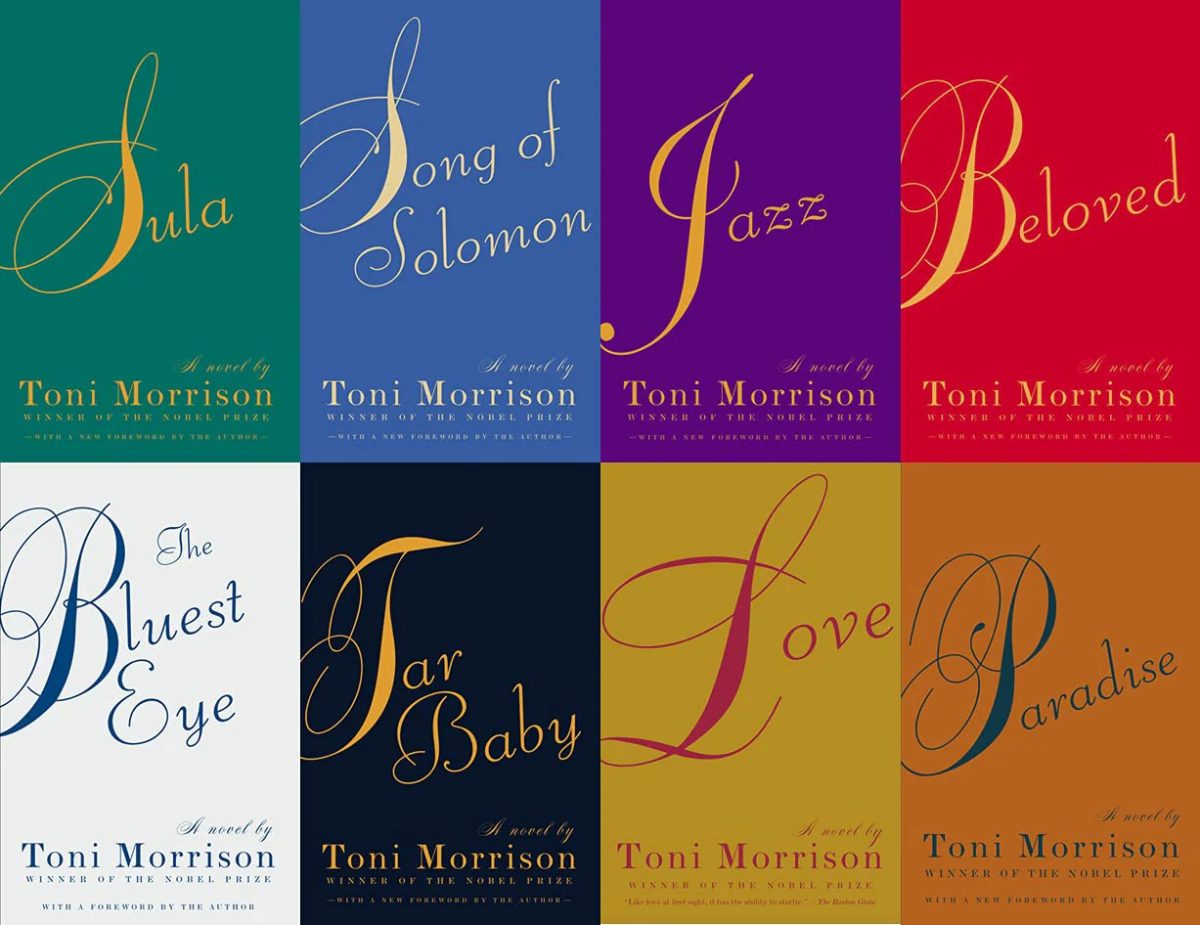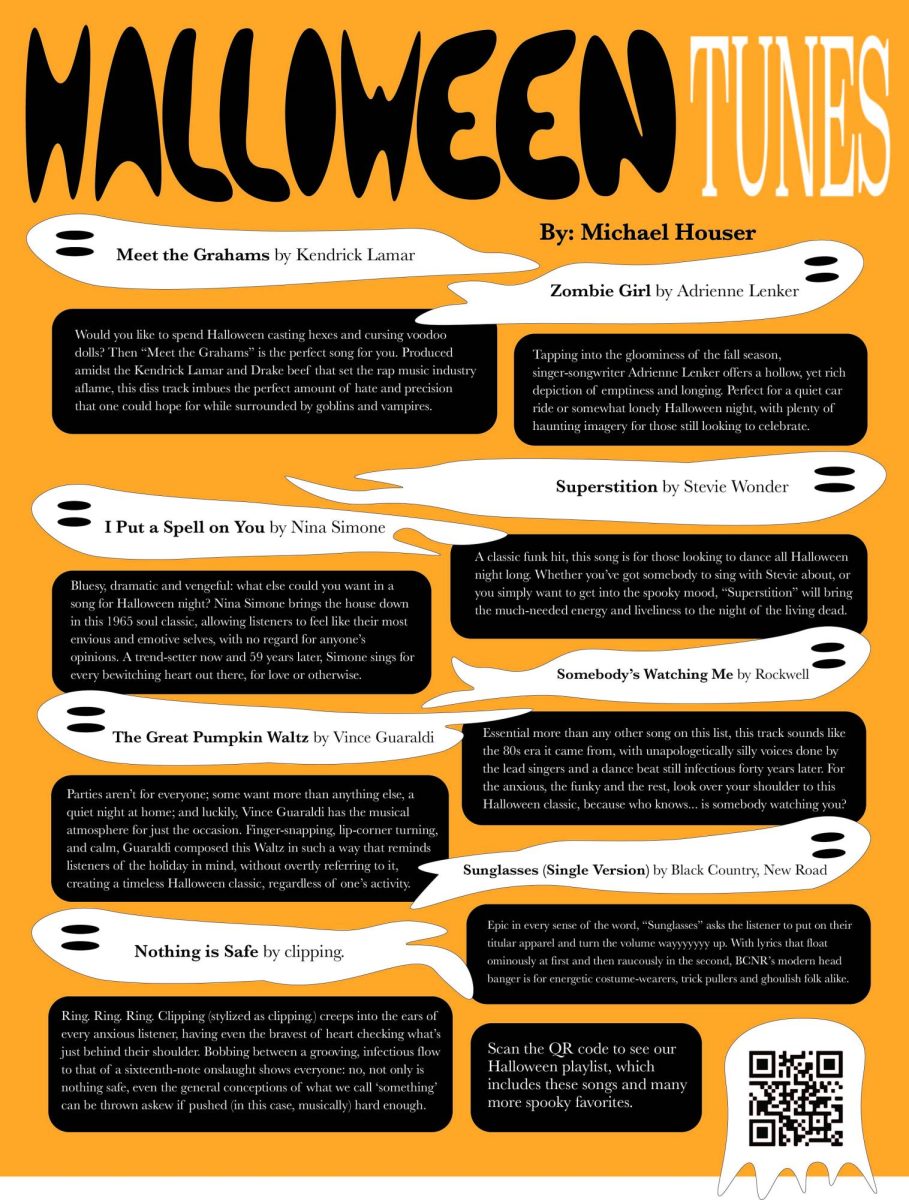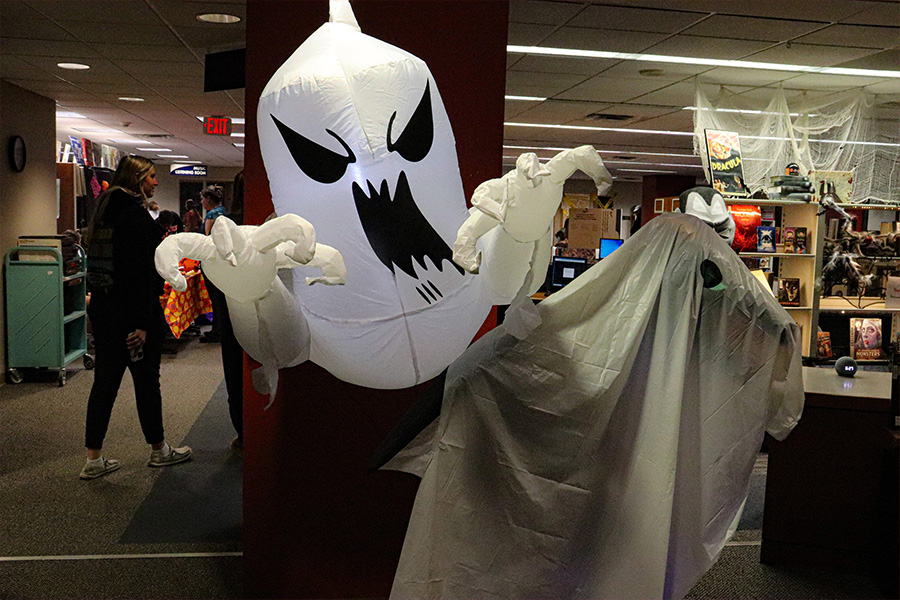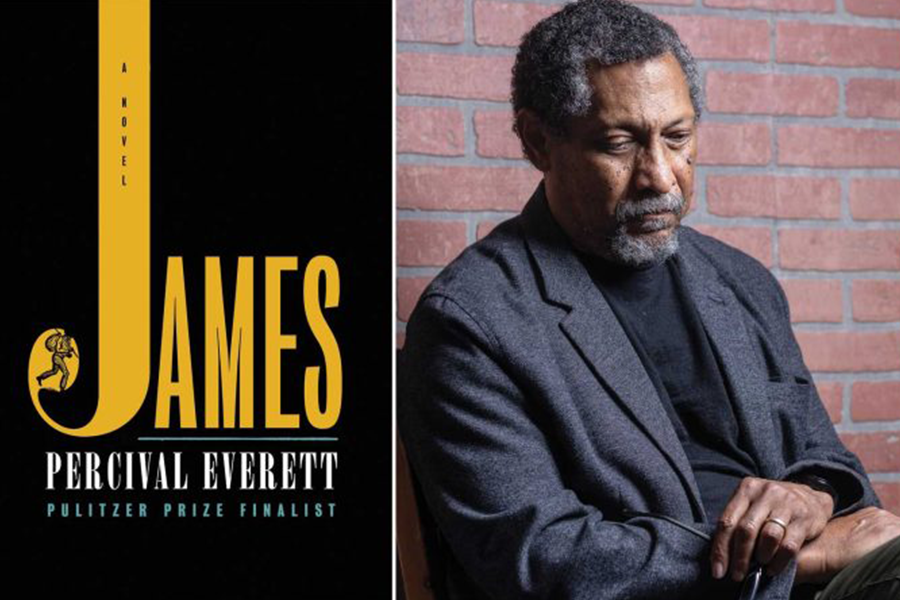What started as a final class project for junior Tim Laughlin has blossomed into a thought-provoking and influential narrative about homosexuals in small towns.
“In small towns, there isn’t a lot of variety and people just feel safe,” Tim said. “With sexuality, especially, I don’t think it has really been looked at because it’s taboo in a sense. I really wanted to (uncover) how living in a small town affects people who are homosexual or bisexual, because I think it just gets covered up.”
Tim’s documentary, “Sexuality in Small Town America,” tells the story of five homosexuals fighting for acceptance in their small communities.
Tim’s brother Alex, a high school senior from Waterville, came out to his family a few months before the documentary filming. He agreed to be interviewed for the video to help others who are in a similar situation.
Alex believes that the documentary is only the beginning of the fight for equality.
“It’s no different than racism,” Alex said. “We see homosexuals trying to be equal with everyone. It’s a default in our human instincts, I think, to be judgmental and to discriminate from our judgments, so I believe there is no difference. We just find names for things we think are different.”
Jacob Bucher, associate professor of sociology, gave his students the option of writing a paper or coming up with a creative alternative for their Gender and Sexuality class.
When Tim came to Bucher with his idea, the two worked together to create a unique set of requirements.
“I talked to Tim about how to do interviews well and how to sample. Both of these are unique processes given the sensitivity of the subject and the hard-to-reach population,” Bucher said. “The documentary itself was all Tim and his creativity, innovation and vision.”
Studies show that knowing someone who is gay significantly decreases the likelihood of being homophobic, and Bucher believes that Tim’s documentary is effective in letting the viewer “get to know” a gay person.
The documentary also gives reasoning to the lack of sexual freedom in today’s society.
“The hardest part was hearing them (uncover) things through the interview that they hadn’t thought about in a while,” Tim said. “I just had to tell them, ‘This is your story. You’re sharing it with a bunch of people and they need to know about this.’”
Tim has received much feedback about his documentary, and he believes the project’s outreach is the most rewarding part.
But one woman’s Facebook message stood out among all the rest of the feedback.
“I got this message from a lady who had originally thought that being gay was a choice,” Tim said. “But through these people’s stories and my documentary, she changed her views. It’s so cool to impact not only people who are gay, but others who have already established ideas.”
Junior Jarrod Altenborg, another interviewee in the documentary, and Alex have also received messages, giving support, asking for advice and even people saying “Thank you for inspiring me to be myself.”
“I know it seems as if I’m making a small difference (by telling my story), but to me and to the person I’m helping, it feels like a big difference in changing someone’s life positively,” Alex said.
Tim said it isn’t about the grade anymore; it is about helping people.
“I’m just happy that it has influenced people to think about it,” Tim said. “That’s the main reason I did it, for people to know what it’s like. People need to realize that homosexuals are being discriminated against.”








